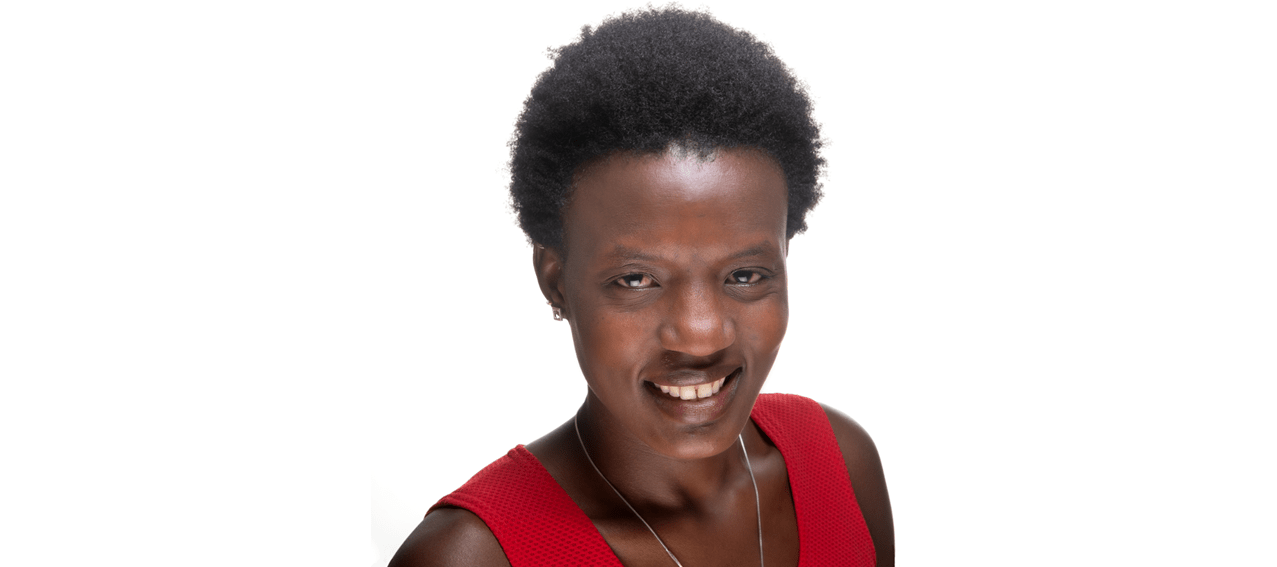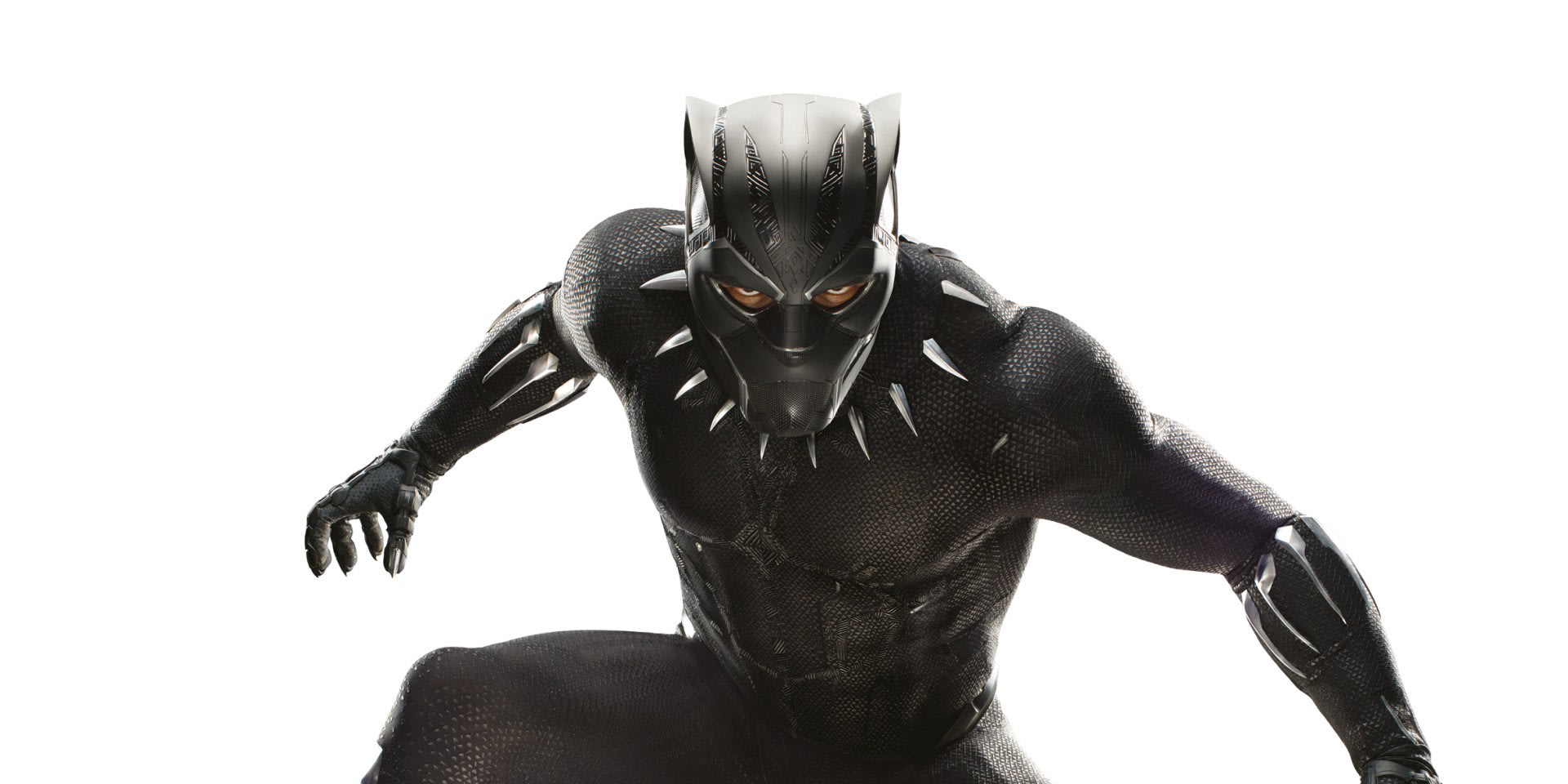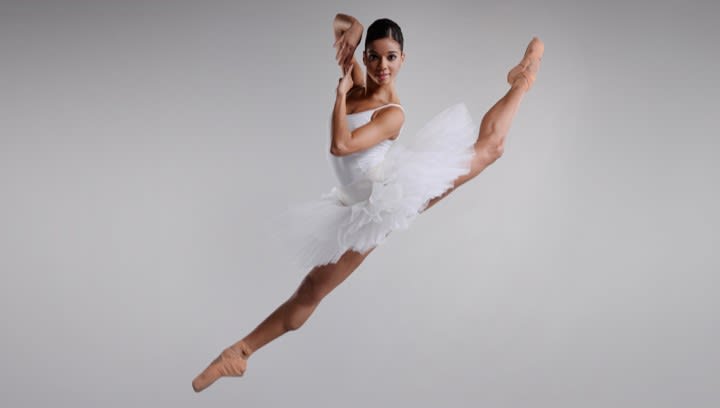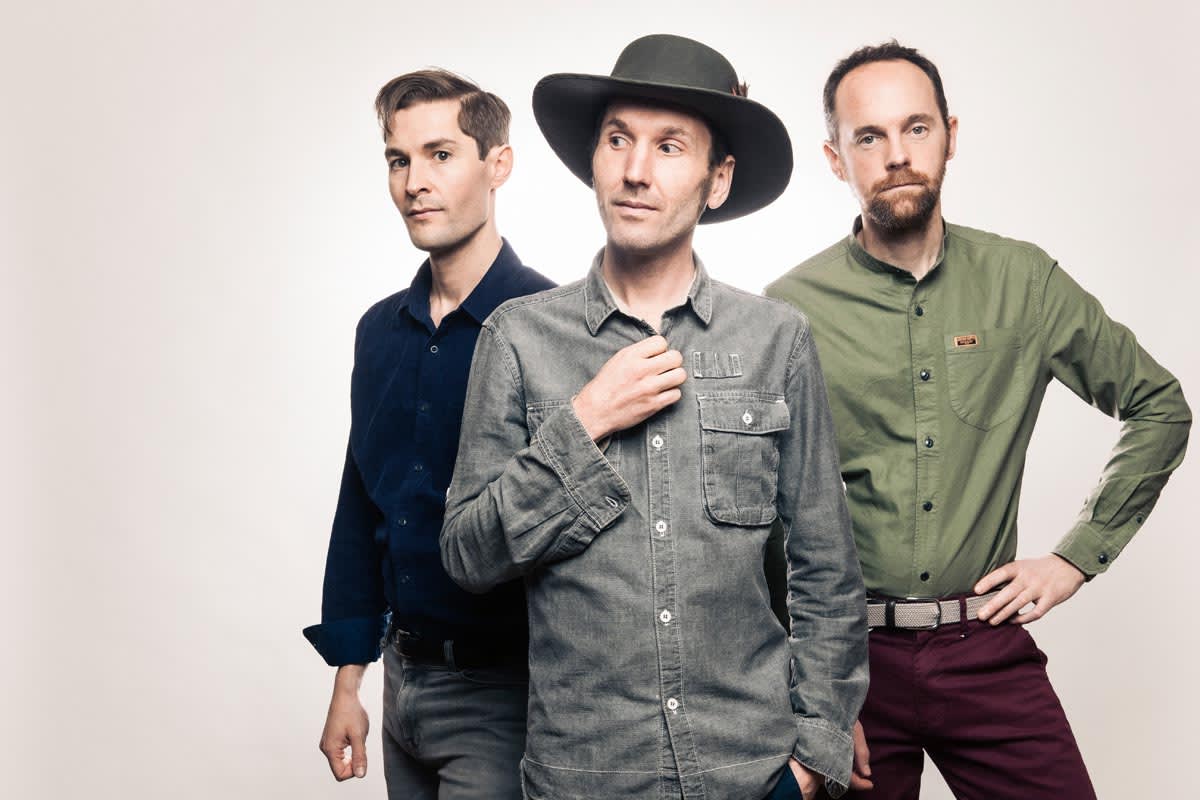During Oxford’s IF Festival (12-22 October), Black History Month will be celebrated with a series of events focusing on the work of black people in STEM (science, technology, engineering and maths) disciplines. We caught up with Gladys Ngetich, Rhodes Scholar, engineer and DPhil Student at the Oxford Thermofluids Institute, to discuss the importance of role models and what to expect from her event on 22 October.
How did you develop your passion for engineering?
My father worked for some time as a technician for one of the oil and gas companies in Kenya and he used to come home with his tool boxes. He would be doing wiring and he would involve me and my brother and I think that is how it started with me.
Why is it that STEM subjects are usually considered the purview of men and not women?
I think that if we were living in a”¯vacuum”¯where there was no societal pressure it would be different – I think anyone can do it. I did mechanical engineering and I think a long time ago, before the advancement of technology, you’d be carrying heavy loads all over the place, cutting metal and using a lot of manual energy, which was seen as masculine. I just think it's a lot of societal suggestion and pressure – the idea of ‘this is a man’s job’; that a man should be this way and a woman that way. I think growing up you kind of just accept those rules and regulations from society.
Do you think that positive role models, such as yourself, can help the next generation of girls resist societal pressure?
Definitely. I think there are many methods of addressing that. It’s important that those young girls see older women doing engineering. Seeing people like us they can begin to see their future self. Actually, I have a case in point. When I expressed interest in mechanical engineering and I was in the process of selecting what university and course I needed, my brothers were sceptical about it, being the first-born girl.”¯But I insisted – I was stubborn about it. I have three sisters, and the youngest of them is now also doing mechanical engineering. I remember last year when she was choosing a course to do and we were giving her advice, no one talked about her ability to do engineering. It was more ‘what university do you want?’”¯The challenge that I faced was people asking me, ‘are you sure you want to do engineering?’ and, ‘why don't you do something else?’ because, like you said before, it's considered a 'man’s field'. So I think by me going through the system and doing it really well – it's kind of proved a point to people around me that a girl can actually do it.
For IF Festival you’re involved in an event celebrating Black History Month, centred on Black Panther. What can people expect?
It will be an event to showcase the work of black people – women of colour particularly – in science and engineering, with the aim of inspiring or triggering an interest in that small girl somewhere who might think that only men can participate. That's the major aim of the event. We will be discussing the technologies used in Black Panther that are practical. When you watch the movie it feels far-removed,”¯but some technologies are actually in place, so we will be doing science talks, trying to describe some of the technology that is currently in use.
Black Panther is more than just a movie in the sense that it is a bit of a watershed moment for the depiction of Africans in cinema.
The theme of Black History Month was one of the reasons that Black Panther was chosen because there’s the aspect of beating the stereotype. The reason I’m really excited is because when people watch the movie they think, 'oh my god, it's inspiring', but with this we can actually make it”¯real.”¯
Black Panther: Blackbird Leys | 22 October, 11am-4pm | Blackbird Leys Community Centre










